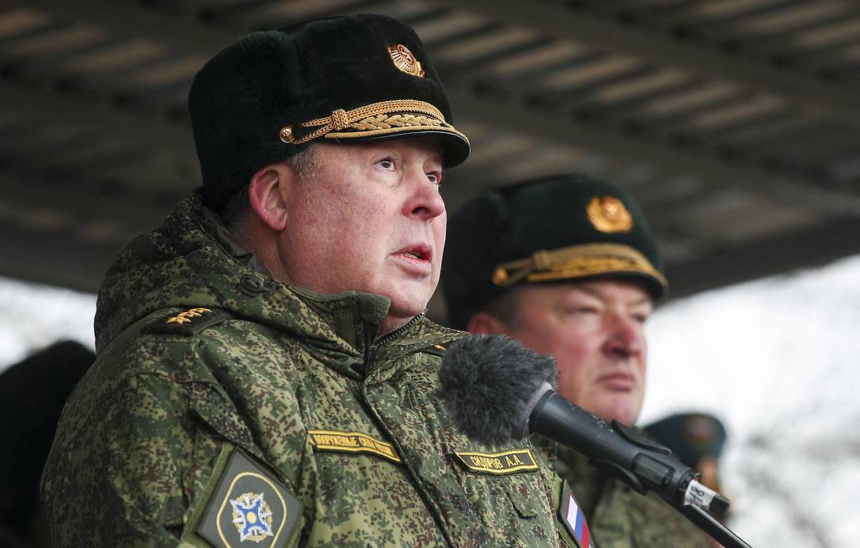RASC News Agency: The Collective Security Treaty Organization (CSTO) has voiced serious concern over the escalating security threats emanating from northern Afghanistan, particularly in provinces that share borders with member states of the bloc. In an interview with Izvestia, CSTO spokesperson Yulia Kharitonova warned that the deteriorating situation in Afghanistan and the intensifying threats in its border regions with Central Asia most notably with Tajikistan and Uzbekistan have sparked growing alarm among allied nations. Kharitonova stressed that CSTO member states are especially troubled by the rising activities of terrorist networks and narcotics trafficking routes that exploit Afghanistan’s ungoverned spaces and unstable frontier zones. She underscored the urgency of deepening regional coordination in combating terrorism and transnational crime, and emphasized that enhancing security and intelligence cooperation among member states has become a strategic priority.
She particularly highlighted the critical need to fortify the Tajik-Afghanistan border, describing it as a vital buffer against the spread of extremist violence and criminal infiltration. According to Kharitonova, CSTO members are actively working to tighten border security, expand joint patrols, and create integrated platforms to respond to cross-border threats posed by militant actors and organized criminal groups. These statements come in response to persistent denials by the Taliban regime, which continues to assert that no terrorist groups operate from within its territory and that Afghanistan under its rule poses no threat to regional or global security. However, Kharitonova issued a pointed warning, stating that Afghanistan remains a major hub for terrorism, radicalization, and drug-related crime, representing an ongoing and serious challenge to regional stability.
Her remarks follow a series of independent reports and intelligence assessments indicating an uptick in the operations of extremist factions such as the so-called Islamic State (ISIS-K) and Tehrik-i-Taliban Pakistan (TTP) in northern Afghanistan. The growing presence of these groups has not only undermined the Taliban’s claims of territorial control but has also heightened security anxieties across Central Asia. The CSTO’s concerns reflect a broader regional consensus that the Taliban have failed to effectively curb the activities of transnational militant organizations operating from Afghanistan’s soil. As a result, member states are accelerating efforts to reinforce their frontiers and coordinate defense mechanisms in anticipation of a potential spillover of violence and instability.
In light of these developments, the CSTO has reiterated its commitment to protecting its members from the destabilizing effects of Afghanistan’s security vacuum and is calling for an urgent reevaluation of the region’s collective defense posture.






